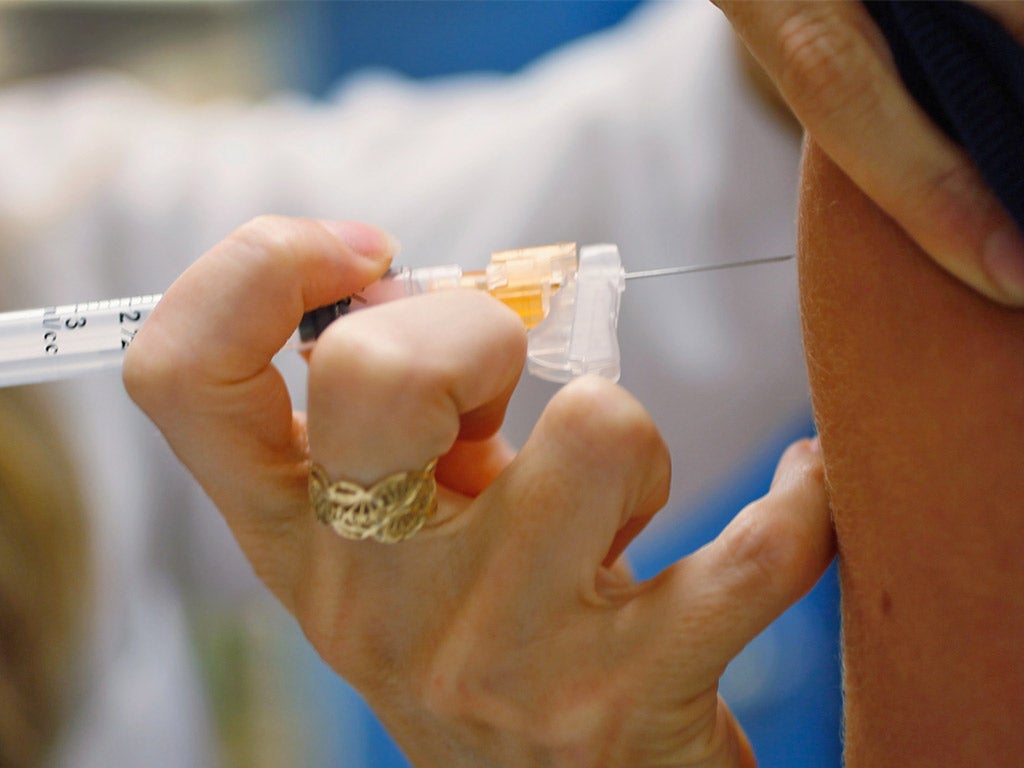'Millions will die' without new antibiotics

Your support helps us to tell the story
From reproductive rights to climate change to Big Tech, The Independent is on the ground when the story is developing. Whether it's investigating the financials of Elon Musk's pro-Trump PAC or producing our latest documentary, 'The A Word', which shines a light on the American women fighting for reproductive rights, we know how important it is to parse out the facts from the messaging.
At such a critical moment in US history, we need reporters on the ground. Your donation allows us to keep sending journalists to speak to both sides of the story.
The Independent is trusted by Americans across the entire political spectrum. And unlike many other quality news outlets, we choose not to lock Americans out of our reporting and analysis with paywalls. We believe quality journalism should be available to everyone, paid for by those who can afford it.
Your support makes all the difference.Ten million people around the world will die unnecessarily every year by 2050 unless new antibiotics are created to tackle drug-resistant infections, a study concludes today.
The findings are contained in a Government-commissioned report, which warns that drug resistance will cost the global economy up to £63 trillion.
The report warns that already a new strain of E. coli has been identified that is resistant to the last known class of antibiotics that can treat it. It adds that many other treatable illnesses, such as TB, are becoming increasingly resistant to drugs.
The report, which focuses on the economic consequences of drug resistance, was led by the former Goldman Sachs economist Jim O’Neill. It calls for incentives for drug companies to develop “last resort” treatments and for controls on the use of drugs to minimise resistance.
Professor Dame Sally Davies, Chief Medical Officer for England, said: “This is a compelling piece of work, which takes us a step forward in understanding the true gravity of the threat.”
Join our commenting forum
Join thought-provoking conversations, follow other Independent readers and see their replies
Comments